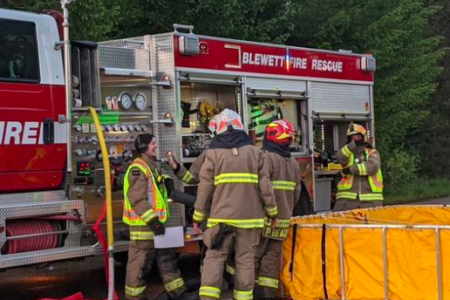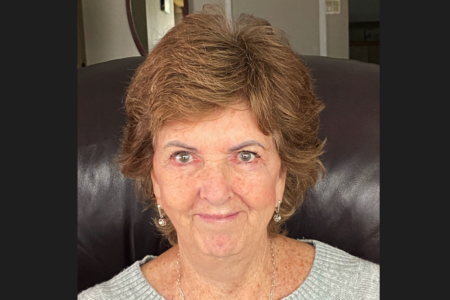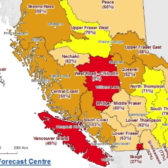Tele-workshops give area families tips on providing dementia support
Are your family or friends living with dementia?
If so, you may have questions about how to help them. Fortunately, the non-profit Alzheimer Society of B.C. has plenty of answers. And local residents can get its assistance through a pair of free tele–workshops next month.
The first, How to Speak Up About Dementia and Make Changes to the System, explains what you can do to make long-lasting social change for people with dementia and their families.
Speakers Barbara Lindsay and Rebecca Morris will provide the tools needed to advocate for a dementia strategy in B.C. — an important plan given the rapidly rising incidence rate of this pressing health issue. “There is a role for you. Lasting change can’t happen without your voice,” says Lindsay.
The tele-workshop runs on Tuesday, (April 1) at 7 p.m.
Area residents can also get some practical tips at the second tele-workshop, How to Support a Friend Who Has Dementia or is a Caregiver.
It will offer ideas for communicating with a person with dementia, for offering support and providing options on the kind of help the person with dementia, their caregiver or family might appreciate.
The tele-workshop is not aimed at primary caregivers. It runs on Wednesday, April 23 at 2 p.m.
Connecting to the sessions is as easy as visiting momentum.adobeconnect.com/alzheimerbc (enter as a Guest) or phoning toll-free 1-866-994-7745, then entering pass code 1122333 when prompted.
Tele-workshops are learning sessions designed for family caregivers, but are also open to health-care providers. Recognizing that many caregivers are unable to attend in-person workshops, the sessions can be accessed via web or telephone.
At the end of the tele-workshop, participants have an opportunity to ask questions and share with others who are in similar situations.
For more information about other upcoming tele-workshops or to view shortened recordings of past sessions go to www.alzheimerbc.org/We-Can-Help/Telephone-Workshops.aspx.
For more information on Alzheimer’s disease and other dementias, which affect one in 11 Canadians over the age of 65, visit the Society website at www.alzheimerbc.org.


























